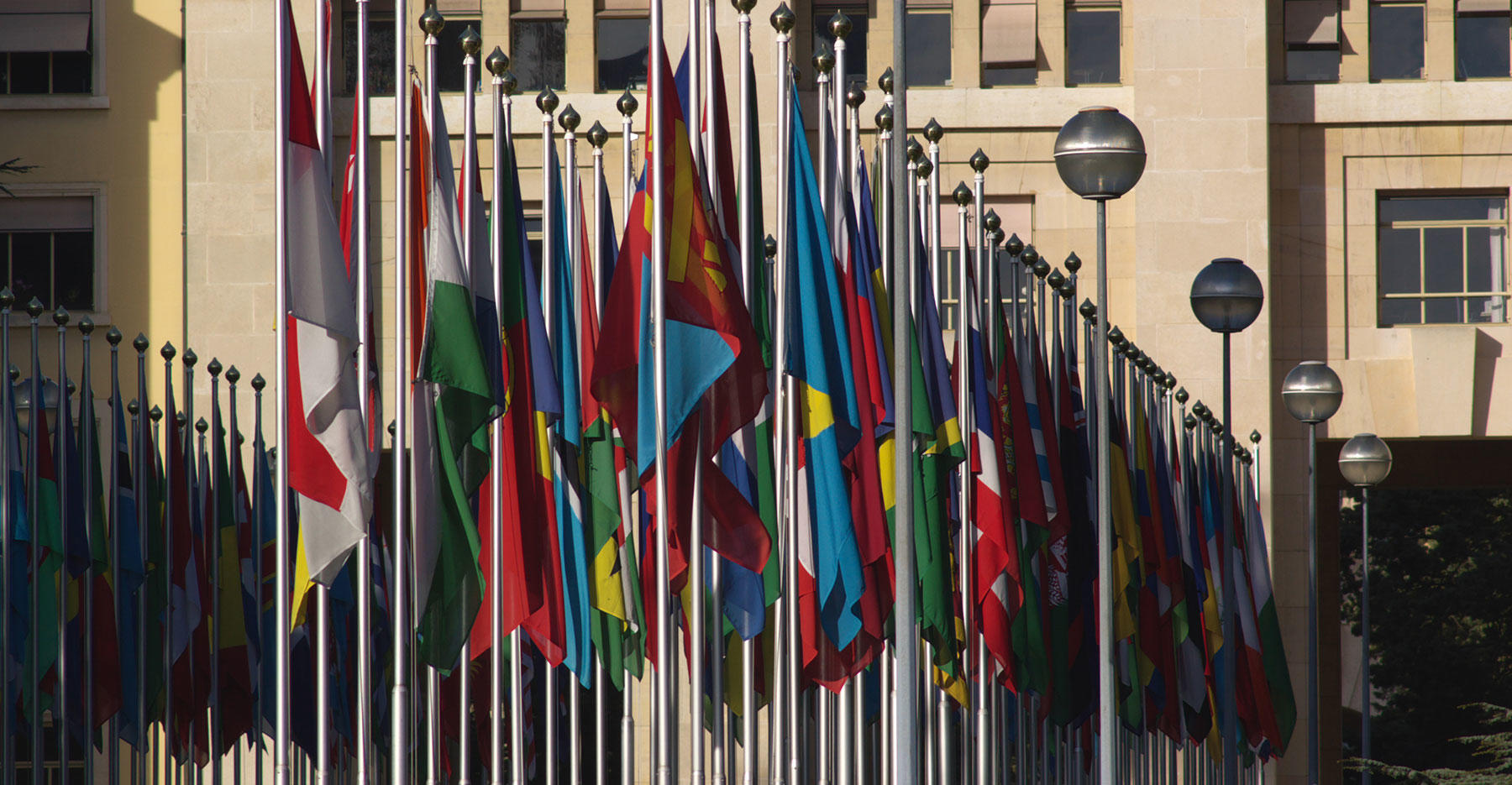Dr. Dorothée Vandamme (University of Louvain) speaking during EFSAS Side-event at the 39th Session of the UNHRC
18-09-2018, Geneva
Dr. Dorothée Vandamme from the University of Louvain, the Centre for the Study of Crises and International Conflicts and Research Fellow at the Genesys Network, discussed thoroughly the influence of the Pakistani Army in politics and the mainstreaming of terrorist organizations in the electoral framework. According to her, the military power was engrained since the formation of the country in the 1940’s, thus ratifying the establishment as the only institution which supposedly could hold the country together, resulting in the military remaining the strongest entity within the State. She emphasized the proximity between Rawalpindi and Islamabad, which illustrates how the Military establishment has an easy physical access to political decision making institutions in Pakistan, which subsequently results in the Army’s direct control of State affairs. She further argued that in order to grasp more power, the military has felt it necessary to enter mainstream politics through mainstreaming Terrorists resulting in a ‘softer’ approach to power, rather than violence and enforced control. Nevertheless, she stressed the fact that mainstreaming those terrorists does not make them less radical, on the contrary, they maintain their violent extremist ideologies, while Paksitan provides them with a stage for action. Therefore, one should be aware that Pakistan is a country, where radicalization and extremism is very much present and giving more space to these extremist voices will increase the risk of radicalization.
Dr. Dorothée Vandamme (University of Louvain) speaking during EFSAS Side-event at the 39th Session of the UNHRC



